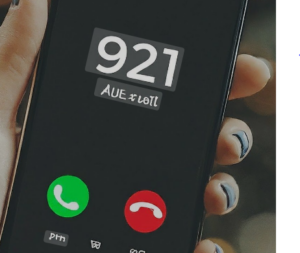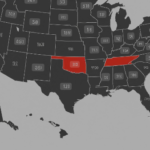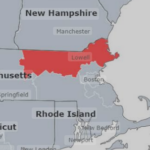Have you ever received a call from a number with a strange prefix and wondered where on earth it could be from? If the 921 area code has appeared on your phone, you’re not alone in your search for answers. However, the truth about this particular code is different from what you might expect.
Is 921 a Valid US Area Code?
Let’s get straight to the point: there is no 921 area code currently assigned or in use within the United States or the broader North American Numbering Plan (NANP), which includes Canada and parts of the Caribbean. A search for cities or states using this code will come up empty because it does not exist in the domestic telephone system.
This means if you see “921” at the beginning of a ten-digit number, it is not a legitimate US phone number.
Unraveling the Number: The Country Code +92
While 921 is not a US area code, the digits themselves are significant in international dialing. The number +92 is the country code for Pakistan.
Often, when international calls are placed, the full country code is displayed. It’s possible that the number you saw was a Pakistani phone number, which starts with +92. The subsequent digit, “1,” is not part of the country code but the beginning of the local phone number itself. Scammers and telemarketers sometimes use technology to make international numbers appear in different formats, which could lead to confusion and the mistaken belief that 921 is a domestic area code.
Why You Should Be Cautious with Unfamiliar Codes

Receiving calls from numbers that appear unusual or are formatted incorrectly is a major red flag. Scammers often use international numbers or “spoofed” numbers (where the caller ID is deliberately falsified) to trick people.
Here are some common scams associated with calls from unknown international or improperly formatted numbers:
- The “One-Ring” Scam: Scammers call from an international number and hang up after one ring. Their goal is for you to call back out of curiosity. When you do, you are connected to a premium-rate international number, and you will be hit with expensive per-minute charges.
- Phishing Attempts: The caller may pretend to be from a well-known company like Microsoft, your bank, or the IRS, claiming there is a problem with your account. Their goal is to deceive you into giving them personal information, passwords, or remote access to your computer.
- Impersonation Scams: The caller may pretend to be a relative in distress who needs money wired to them immediately.
What to Do If You See the 921 Area Code
Since the 921 area code is not valid in the United States, any call appearing to come from it should be treated with extreme suspicion.
- Do Not Answer: The safest course of action is to not pick up the phone. A legitimate caller with important business will leave a voicemail.
- Do Not Call Back: Never return a call to an unknown or strangely formatted number, especially one that rings only once. This protects you from premium-rate charges.
- Block the Number: Use your phone’s built-in features to block the number. This will prevent them from being able to call or text you again.
- Report It: You can file a complaint with the Federal Trade Commission (FTC) or the Federal Communications Commission (FCC) to help them track and combat scam call operations.
In conclusion, while you might see numbers that look like they could be a 921 area code, it’s essential to know it’s not part of the US telephone system. By recognizing it as an invalid code and understanding the potential risks, you can better protect yourself from unwanted scams.


